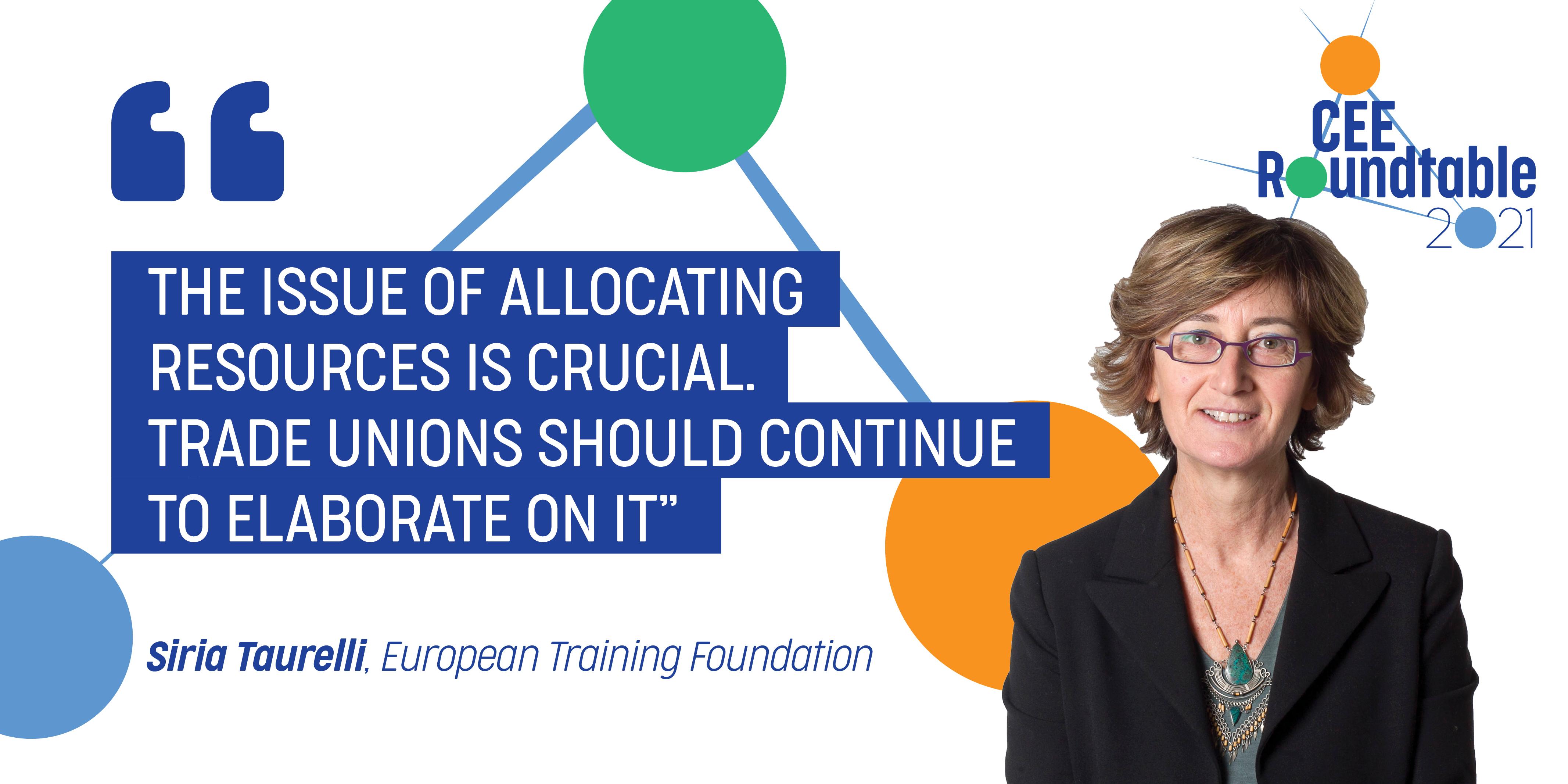CEE Round Table 2021: Education Trade Unions Taking the Lead in the Recovery
Published:
This 07 and 08 July 2021, the Central and Eastern European Network and the Central and Eastern European Roundtable took place virtually, gathering education trade unions from across Central and Eastern Europe. They discussed the role of the education trade unions in the recovery from the COVID-19 pandemic.
The two days meeting started by the first Central and Eastern European Network (CEENET) under the new mandate, renewed in December 2020. The focus of this CEENET meeting was to address issues around social dialogue, trade unions’ rights and developments around solidarity, as well as allow exchange and discussion between members. Indeed, a comprehensive exchange of expertise and experience is vital for a strong cooperation among education trade unions.
The CEENET was followed by the Central and Eastern European (CEE) Roundtable which meets every two years. This year, the CEE Round Table focussed on the theme "Education Trade Unions Taking the Lead in the Sustainable Recovery from the COVID-19 Pandemic: Challenges and Opportunities in post-COVID-19 times". The two-days event took stock of issues faced by both teachers and other education personnel as well as their representatives in Central and Eastern Europe in these difficult times of global crisis.
Larry Flanagan, ETUCE President, opened the meetings by welcoming the participants and underlining the importance of solidarity and exchange of expertise among education trade unions.

External contributors added crucial elements to the discussions. Among them, Katarzyna Duda, from the public services confederation All-Poland Alliance of Trade Unions (OPZZ) presented the results of a sample study carried out among teachers in Poland on the image of education trade unions in the post-COVID-19 society. Siria Taurelli, from the European Training Foundation, reflected upon public investment in education saying “The issue of allocating resources to education is crucial. Social partners and trade unions should continue to elaborate on it and make proposals”.

Lana Jurko, Director of the Network of Education Policy Centres shared the results of the Eurasia Regional Global Education Monitoring Report “Inclusion and education: All means all”. “Learner diversity is a strength to be celebrated and not a problem to be solved!”, she stated, and Gocha Aleksandria, Senior Workers activities specialist for Eastern Europe and Central Asia at ILO insisted on the importance of social dialogue in the context of the Covid-19 pandemic. “Building forward better requires global-scale responses based on effective social dialogue and sound industrial relations”, he said.

In addition, many representatives from ETUCE Member organisations gave presentations about the activities of their unions at national level as well as the impact of the COVID-19 pandemic on their work and the importance of solidarity actions between education trade unions. Zsuzsanna SZABÓ (PSZ, Hungary), Ana Čanović (TUEM, Montenegro), Egle Zukauskaite (LESTU, Lithuania), Nejla Kurul (Egitim-Sen, Turkey), Asylbek Toktogulov (TUESWK, Kyrgyzstan), Aleksandr Tiidemann (EEPU, Estonia), Branimir Strukelj (ESTUS, Slovenia), Mari Alugishvili (ESFTUG, Georgia), Inga Vanaga (LIZDA, Latvia) Dmitry Golubev (ESEUR, Russia), Anxhela Llalla (SPASH, Albania), Elen Manaseryan (CRSTESA, Armenia), Yanka Krumova – Takeva (SEB, Bulgaria), and Alexandra Cornea (FSLE, Romania) each addressed the audience on the changing world of education in their respective countries. These presentations were supplemented by active discussions between the delegates in which the solidarity dimension of the CEE Network was very present.
The CEE Roundtable was the opportunity for education trade unions to set a foundation for the future work of the ETUCE Central and Eastern European Network (CEENET). They developed plans and practices for international union solidarity, trade union renewal and the role of education trade unions in education policy making.
Susan Flocken, ETUCE Director, concluded the CEE Roundtable by saying “At ETUCE, we have seen an increase in the number of requests for solidarity, as well as an increase in the gravity of the challenges faced by education trade unions. Governments have been misusing the crisis for their own need. In this context, the work of trade unions is more crucial than ever, and the word “solidarity” takes on an even greater significance.”
